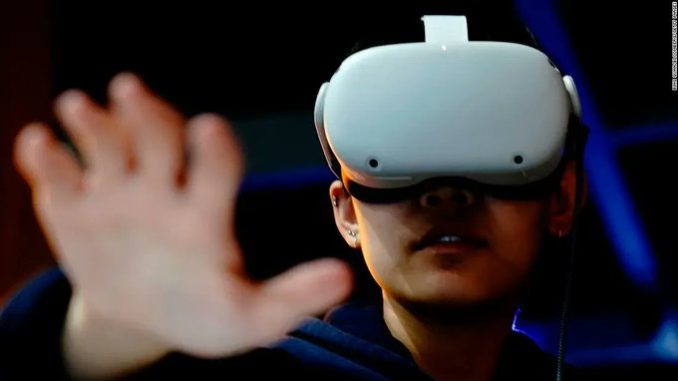
It’s been about six months, since we first heard Meta CEO Mark Zuckerberg’s fever dream for a beautiful metaverse. But the metaverse could be so much more than one man’s quest for control over our virtual lives.
Most would agree that the metaverse could be a series of connected virtual environments that resemble and function similar to our physical world; or, a three-dimensional immersive version of the Web. And we have a sense for what it will be because many of its components already exist: social interactions, economic interactions, are all features of a future metaverse that are not new.
What is new about the metaverse? Separate applications could connect into a seamless experience. You already likely engage in several metaverses every day. Our discreet virtual spaces of today might become one virtual universe tomorrow. The three-dimensional environments of modern games, the connectivity of social media and the commercial power of e-commerce might be all in one seamless, persistent space accessible to everyone on Earth.
The dream is very much alive — if a dream is a herd of tech companies stampeding to cash in. For Meta, Microsoft and other Big Tech players, this vision of the metaverse represents an enormous opportunity, specifically, the chance to be a platform not just for gaming or social media, but for life itself — a place where we work, learn, earn and spend; sort of an operating system for our digital lives.
